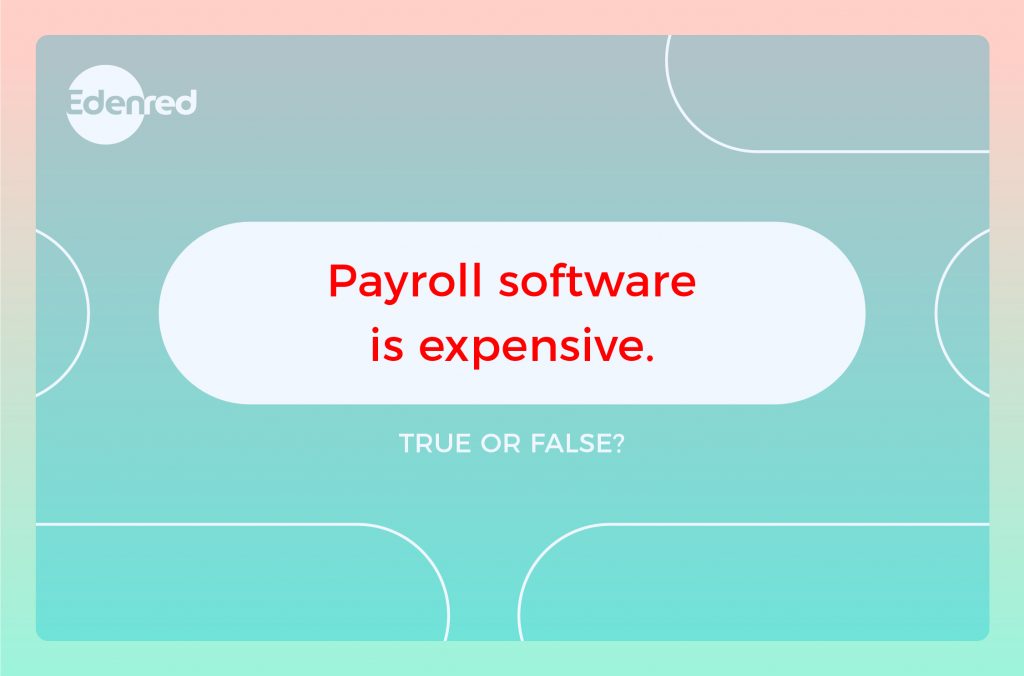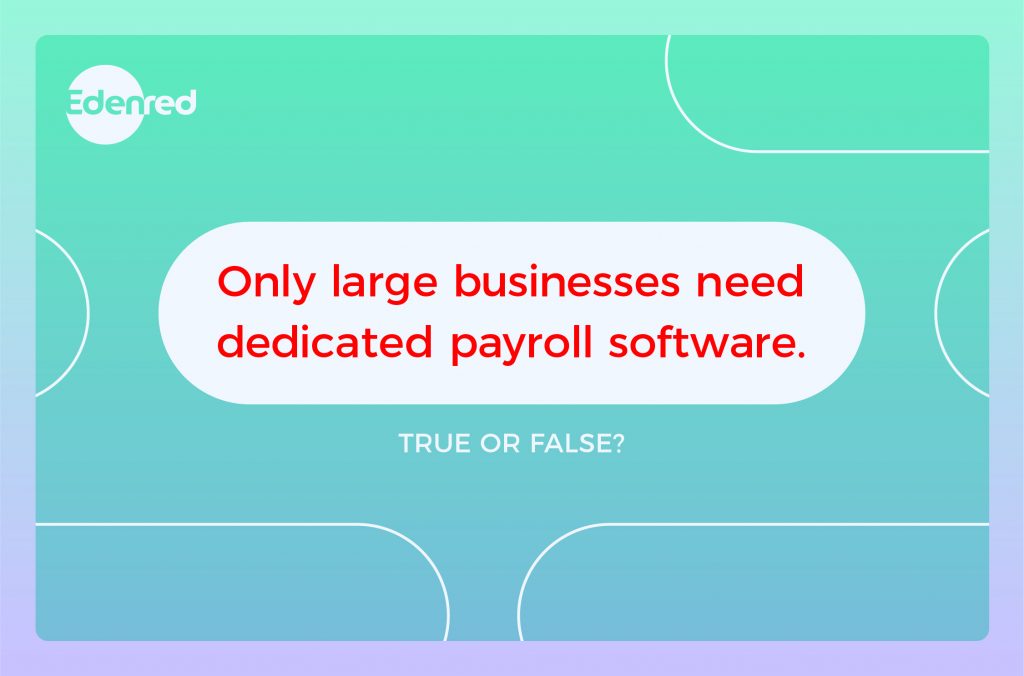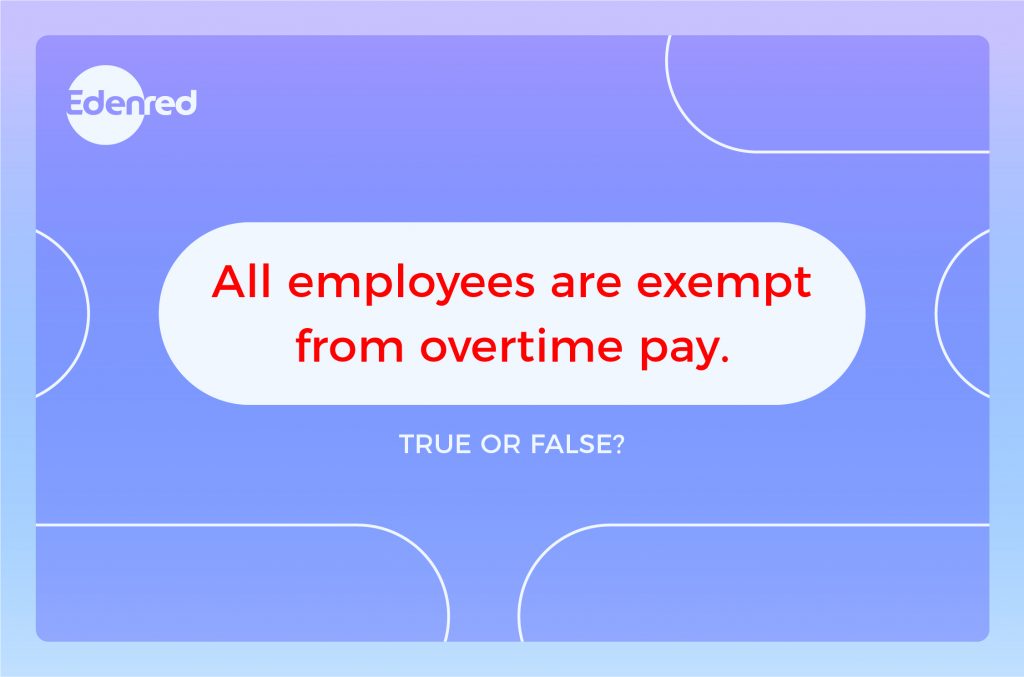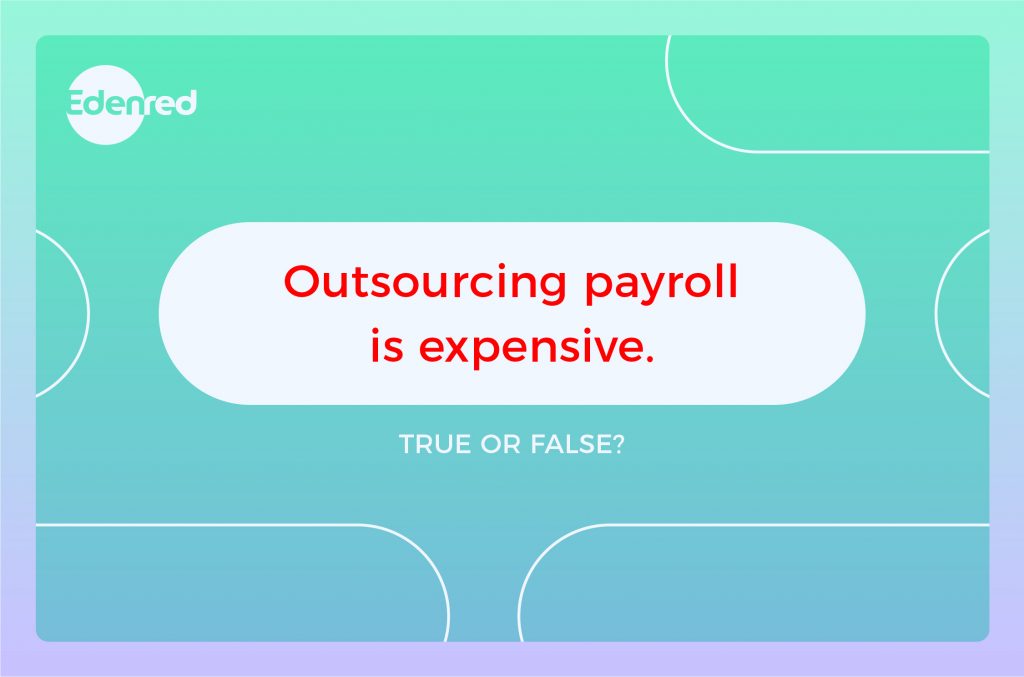Salary processing is a crucial aspect of employee management, whether you’re an employer, HR manager, or a finance professional who manage payroll in a company in the UAE.
We thought we’d step in and look at some of the common misconceptions around payroll, and clarify myths that people have, which might hinder efficient payroll management.
By gaining clarity on these misconceptions, employers can navigate any payroll complexities with confidence, ensuring compliance and smooth operations.
🔴 Payroll is easy and can be done manually ❌

Reality: Managing payroll can be a complex task, and involves meticulous attention to detail, including calculating wages, accounting for taxes, deductions, and benefits. Any miscalculation or oversight can result in financial discrepancies, disgruntled employees, and potentially costly penalties from regulatory bodies.
Furthermore, in today’s day and age, manual processes for payroll can be not only time-consuming but also prone to errors that could undermine employee trust and organizational stability. So, invest in an automated payroll solution that can ensure accuracy, efficiency, and regulatory compliance.
🔴 Payroll software is expensive ❌

Reality: Payroll software doesn’t always have to cost an arm and a leg! There are affordable options for businesses of all sizes, ranging from basic packages tailored for startups to comprehensive solutions designed for larger enterprises. By exploring various providers and comparing features, businesses can find a payroll solution that meets their needs without breaking the bank.
🔴 Only large businesses need dedicated payroll software ❌

Reality: While larger corporations may have more complex payroll needs, smaller businesses stand to gain just as much from dedicated software solutions. These tools streamline payroll processes, reduce the likelihood of errors, ensure compliance with tax regulations, and provide valuable insights into labor costs and employee compensation trends.
🔴 All employees are exempt from overtime pay ❌

Reality: Overtime laws vary by jurisdiction, but generally, non-exempt employees are entitled to overtime pay for hours worked beyond the standard 40-hour workweek. It’s crucial to understand the local regulations and compensate employees accordingly, to avoid any lawsuits or penalties.
🔴 You can delay payroll tax payments in tough times ❌

Reality: Failing to pay payroll taxes on time can result in penalties and interest, along with legal action by tax authorities and sometimes even criminal charges in cases of deliberate non-compliance. Additionally, it’s not fair to the employees who have put in the hard work.
It’s crucial for business owners to understand that while delaying payments might offer short-term relief, it often exacerbates financial difficulties in the long run and can significantly harm the business’s financial health and reputation.
🔴 Payroll is only about issuing paychecks ❌

Reality: Payroll isn’t just about making payments! It encompasses a range of crucial tasks vital for smooth business operations and legal compliance, which includes accurate calculations and taxes, adhering to the UAE’s regulations, meticulous records of employee earnings and deductions, managing benefits deductions like healthcare and retirement contributions.
🔴 Payroll is a one-person job ❌

Reality: In larger companies, the complexities of payroll extend beyond simply calculating and distributing salaries. A dedicated payroll team can effectively handle tasks such as tax compliance, employee benefits administration, timekeeping, and managing various deductions.
By having a team in place, businesses can streamline operations, enhance efficiency, and ultimately ensure employees are paid accurately and on time, fostering a positive work environment.
🔴 Outsourcing payroll is expensive ❌

Reality: Outsourcing payroll services can be cost-effective for businesses of all sizes. By doing so, businesses can streamline their payroll processes, mitigate the risk of costly errors, and ensure compliance with ever-changing tax regulations.
🔴 Payroll can be delayed without consequences ❌

Reality: Late payroll can not only lead to potential penalties and employee dissatisfaction, but it can also damage your company’s reputation and credibility. Repeated payroll delays could result in legal repercussions, including lawsuits or fines for violating labor laws.
Maintaining timely payroll demonstrates professionalism and commitment to your employees, fostering a positive work environment and fostering long-term loyalty from your team.
🔴 Payroll is the same for all industries ❌

Reality: Different industries are likely to have unique tax and compliance requirements. Industries may also differ in terms of employee benefits, compensation structures, and overtime policies. Understanding these industry-specific nuances is crucial for ensuring accurate payroll processing and compliance with legal obligations.
Whether you’re an employer, HR manager, or a finance professional managing payroll in a company in the UAE, it is important to stay informed on of the industry trends and the country’s labour laws to effectively manage payroll and avoid potential penalties or discrepancies.





